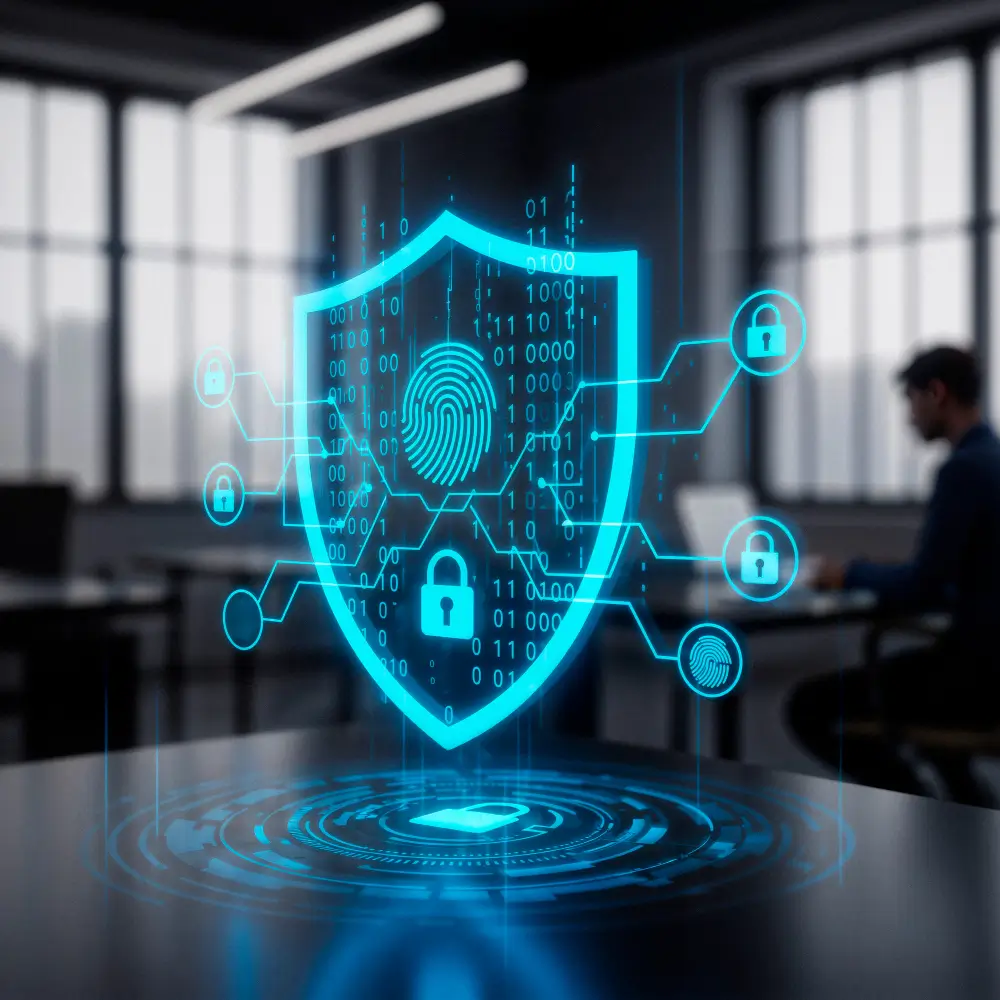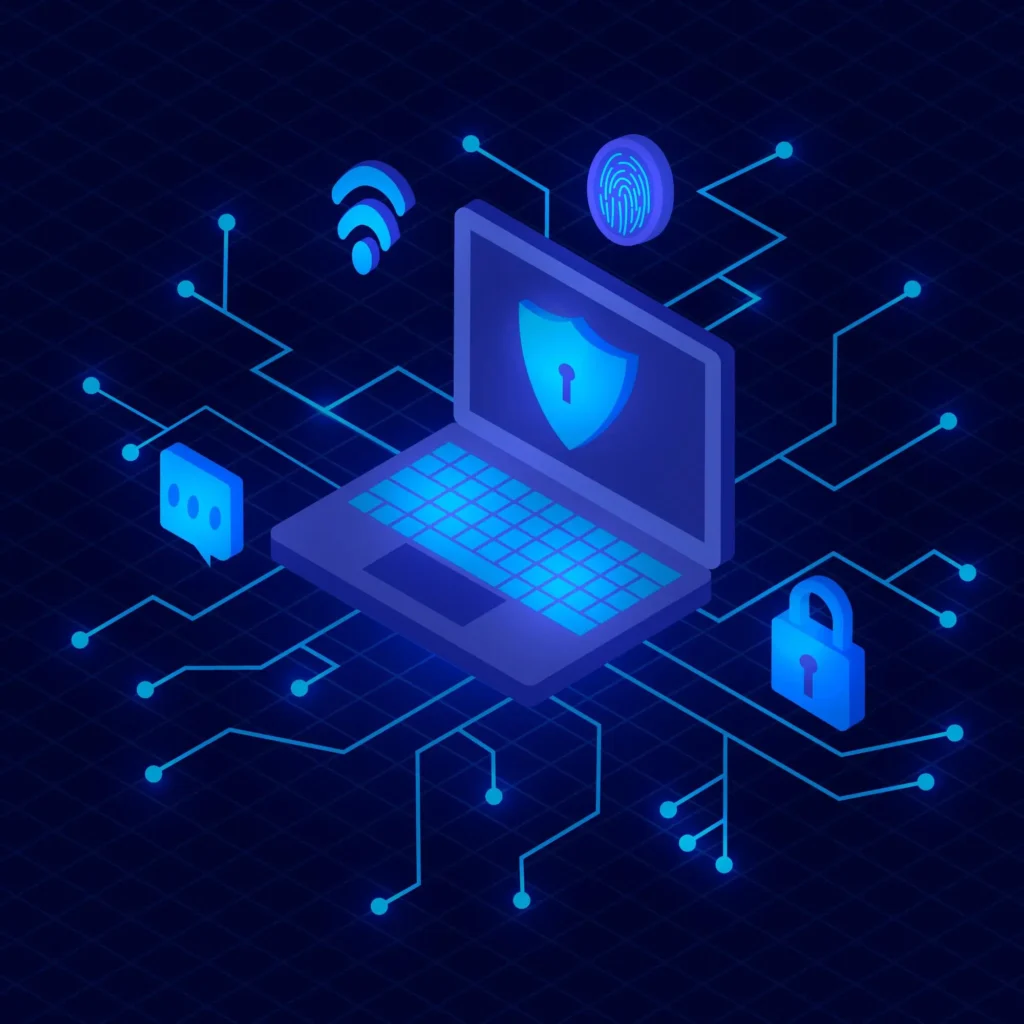Become a Cybersecurity Expert with Industry-Recognized Certifications
- Course Info

Cyber Security Certification
Discover What We Offer
Online & live Classes
Hands-On Training
Supportive & Skilled Teachers
Fast & Easy Access Options
Benefits of Our Courses
Certification Alignment
Industry-Relevant Curriculum
Hands-On Learning
Experienced Instructors
Real-World Applications
Career Advancement
Flexible Delivery Options
Certification Exam Preparation
How We Help You Succeed
1
Structured Courses
Covering all domains with clear learning objectives. Our curriculum is designed to take you from beginner to certified professional.
2
Hands-On Labs
3
Mock Tests & Tips
4
Dedicated Support
Get answers to your questions and personalised guidance from certified trainers. We’re here to help you succeed.

Importance of Cyber Security Certification
Across Australia, cyber incidents continue to disrupt organisations of all sizes—from local SMEs to critical infrastructure. Certifications give employers confidence that your skills are current, job‑ready, and aligned to recognised best practice. They help teams implement the fundamentals that matter most in Australia—strong identity controls, secure configuration, patching, and resilient backups—so you can reduce risk and stay compliant.
For professionals, certification is a fast, credible way to stand out in a competitive market. Whether you’re aiming for SOC analyst roles, cloud security engineering, or GRC, credentials such as Security+, CISSP, or Azure’s AZ‑500 signal proven capability and career commitment. They also translate well across cities like Melbourne, Sydney, Brisbane, Adelaide, Canberra, and Perth—supporting mobility, higher earning potential, and clear advancement pathways.
